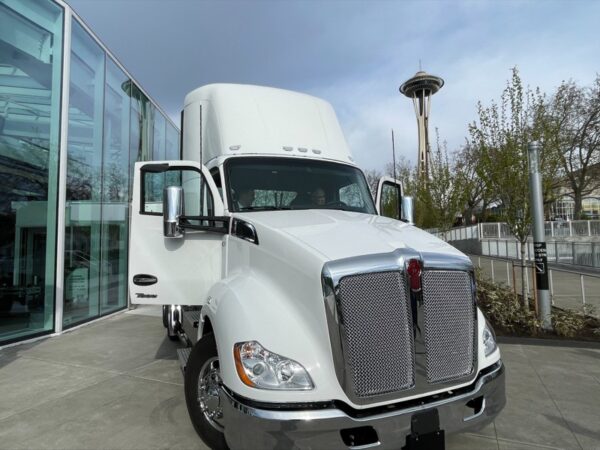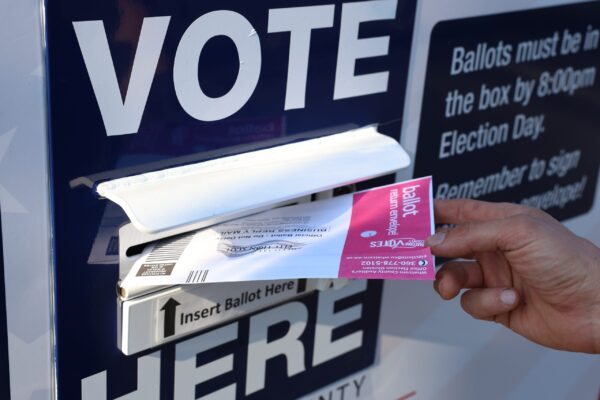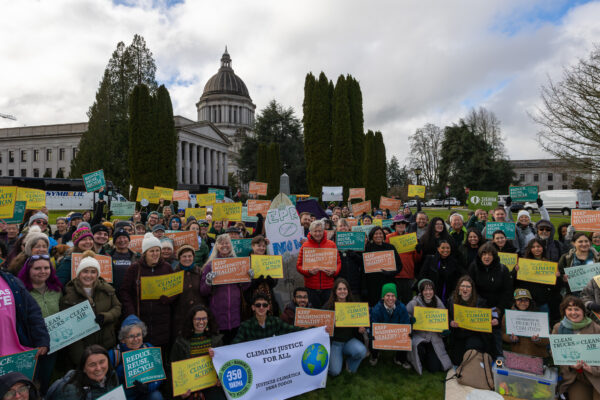“We’ve been doing environmental protection since the 1850s – not just since Earth Day – our treaties that our governments, our tribal nations, signed with the US were the first environmental protection laws for salmon, for the lands, for the waters. It’s what we’ve been fighting for for the last seven generations,” Don Sampson, Executive Director Confederated Tribes of the Umatilla Indian Reservation (CTUIR) and a hereditary chief of the Walúulapam (‘Walla Walla people’).
In Washington, this Earth Day, we have so much for which to be grateful from the tribal nations who have been the original stewards of this land since time immemorial to the abundance of what motivates us to protect people and nature as one: the undulating silver flash of salmon jumping up waterfalls to reach their spawning grounds, the humbling expanses of prairie and sky on the eastside, the majesty of great rivers like the Columbia as they widen toward the sea, the constellations of communities and ecosystems across the state.
At Washington Conservation Action, we are committed to protecting people and nature as one so in observance of Earth Day today and everyday, we’re reflecting on some of the wins worth celebrating that may not have come up on your radar. Here are a few more reasons to celebrate on Earth Day:
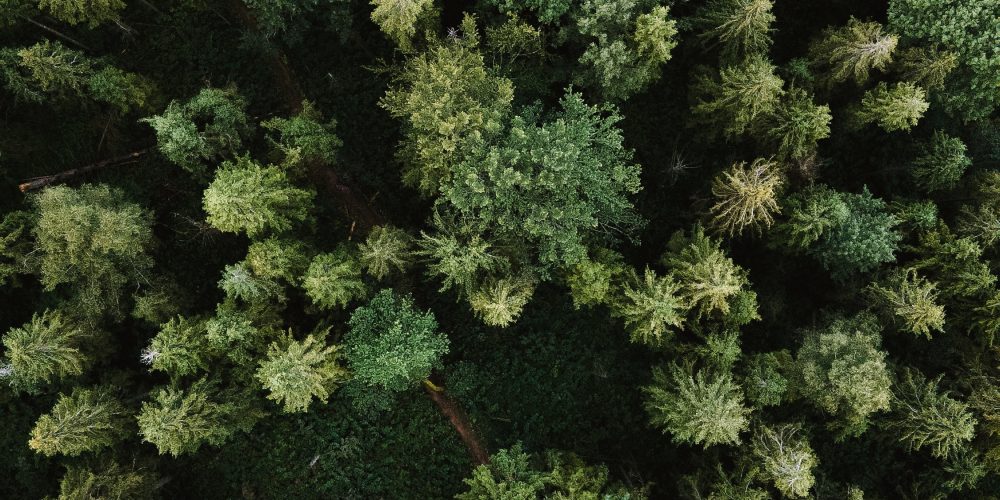
WCA along with Conservation Northwest achieved an historic ruling in our case before the Washington State Supreme Court. The court confirmed that the state has a constitutional mandate and broad authority to serve “all the people” of Washington and the public interest when managing state lands. This unanimous decision in the case of Conservation Northwest, et al. v. Commissioner of Public Lands, et al., recognized that the Department of Natural Resources (DNR) can integrate the many diverse public benefits of forests into the management of state forestlands, beyond maximizing revenue generation from timber harvests.

WCA secured funding to analyze “net ecological gain” in terms of salmon. The usual “no net loss” frame is defeatist. Let’s make things better, not settle for the status quo!
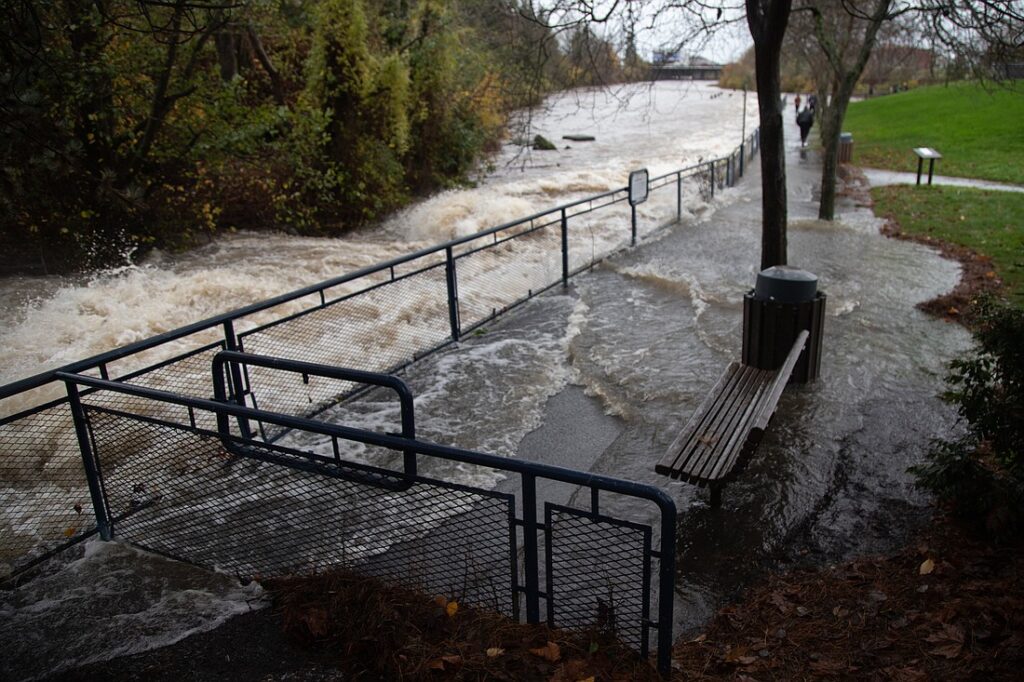
State legislation passed this year will help communities plan and prepare for increased wildfire risks due to climate change. WCA has championed the Climate Growth Management Act, which will support this kind of comprehensive planning.
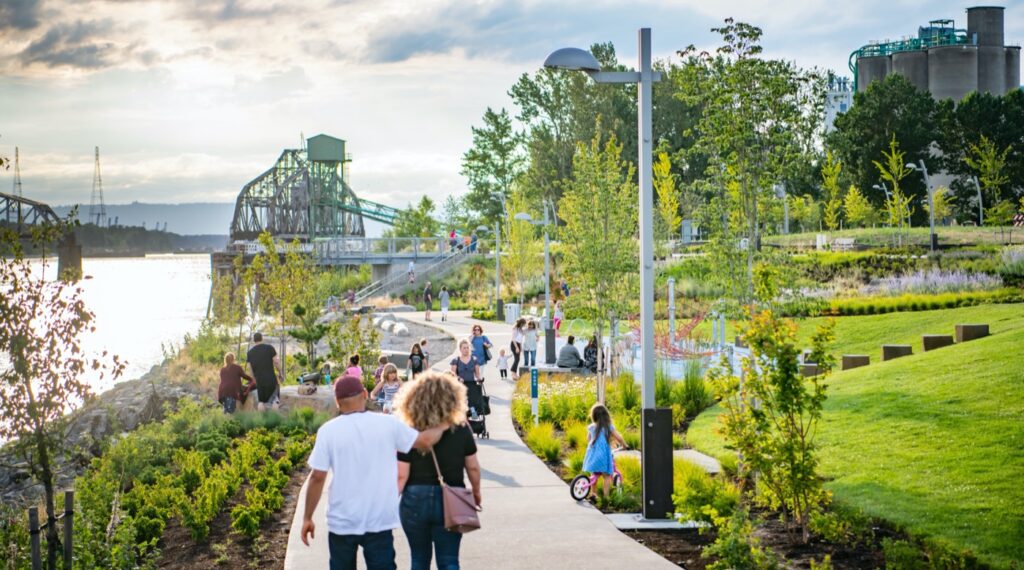
After more than a decade in partnership with local organizations, WCA helped to advocate for Vancouver, WA’s 2022 ban on new fossil fuel terminals and the city’s climate action framework, which sets a goal of carbon neutrality by 2040. We’re continuing this work toward a carbon-free future.
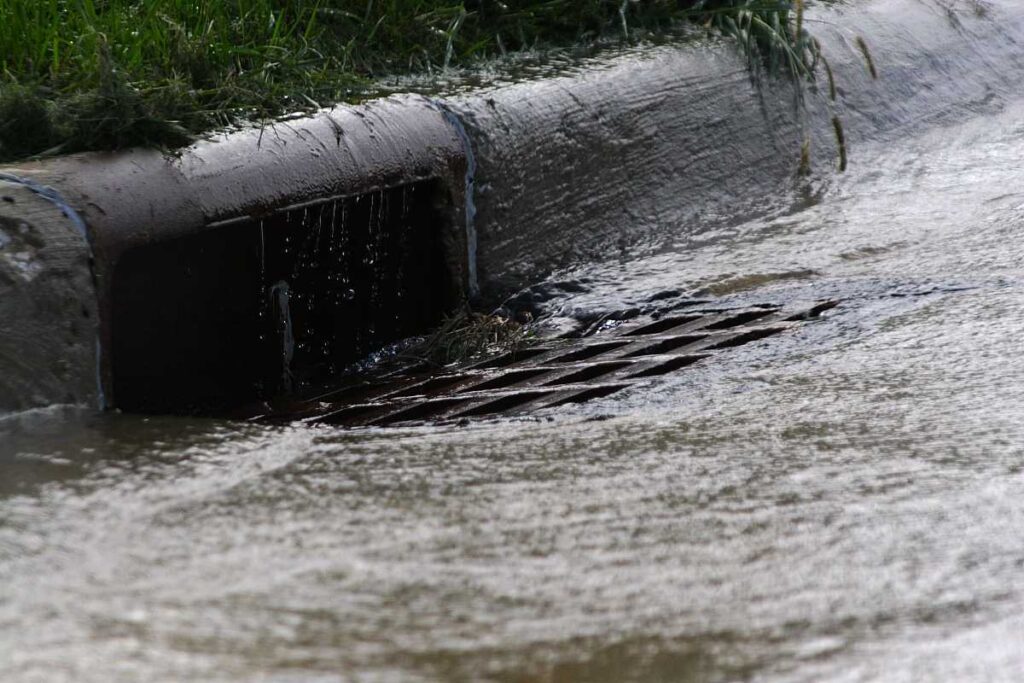
WCA pushed the Department of Ecology to incorporate environmental justice into its toxic waste site and stormwater regulations. Ecology has agreed, though the details are still being worked out. This means that communities that bear the brunt of pollution will be considered as we work toward a cleaner state.
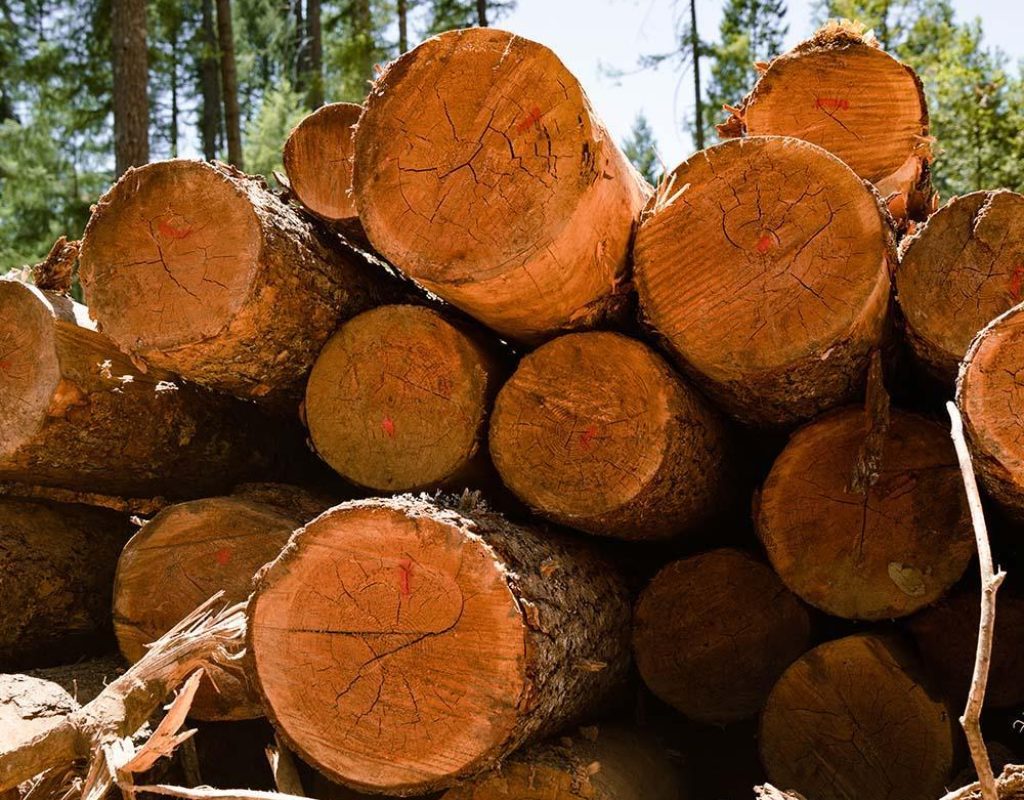
Wood is a renewable resource, but how do we know that any building material is a climate positive? With several partners, WCA will begin to answer this question as part of a US Department of Agriculture Climate Smart Commodities Grant that supports a 5-year project to promote greener wood supply chains across the Pacific Northwest. WCA will focus on Pierce County, working with the conservation district there.
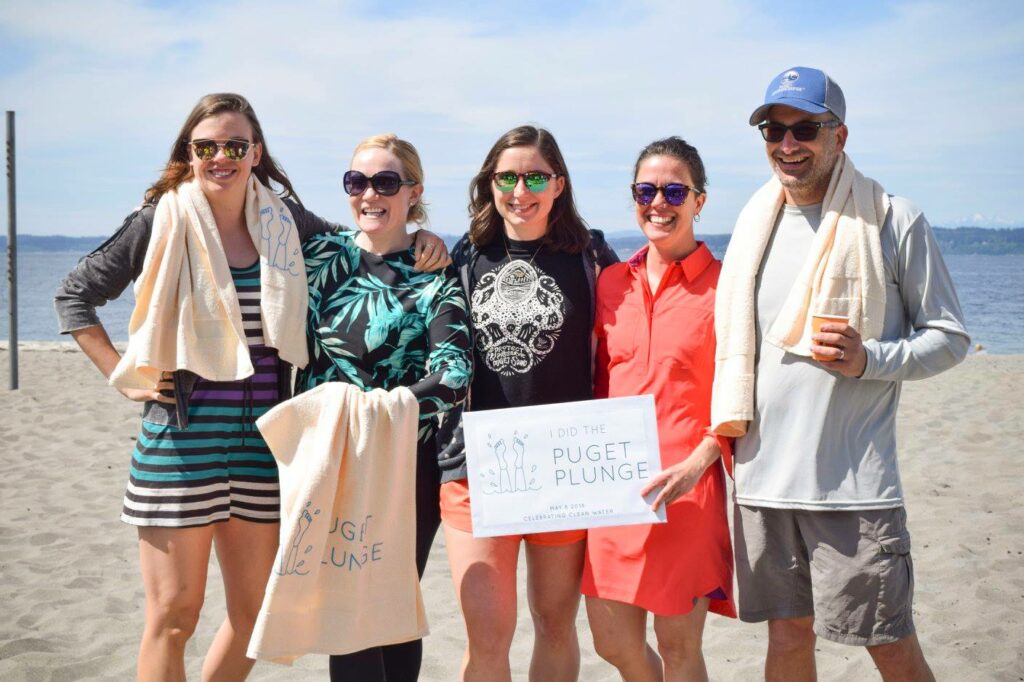
WCA helped defend the Puget Sound No Discharge Zone, which prohibits boats from releasing sewage, whether treated or not, into Sound waters. During the Trump administration, the tugboat and maritime industries challenged the zone. A final federal ruling has preserved it. Orca, salmon and people rejoice!
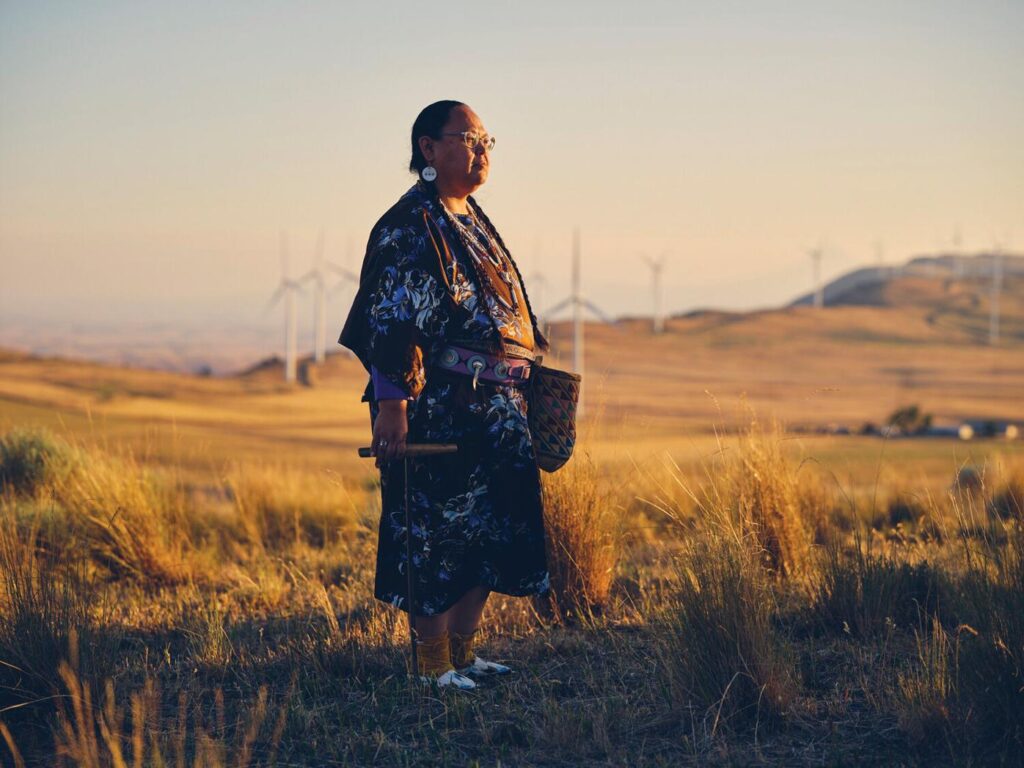
WCA joined with Tribal Nations and many others to oppose a green energy project near Goldendale, that would damage historic gathering grounds of the Yakama Nation. In working toward a carbon-free economy, we should not repeat the oppressions and mistakes of the past.
